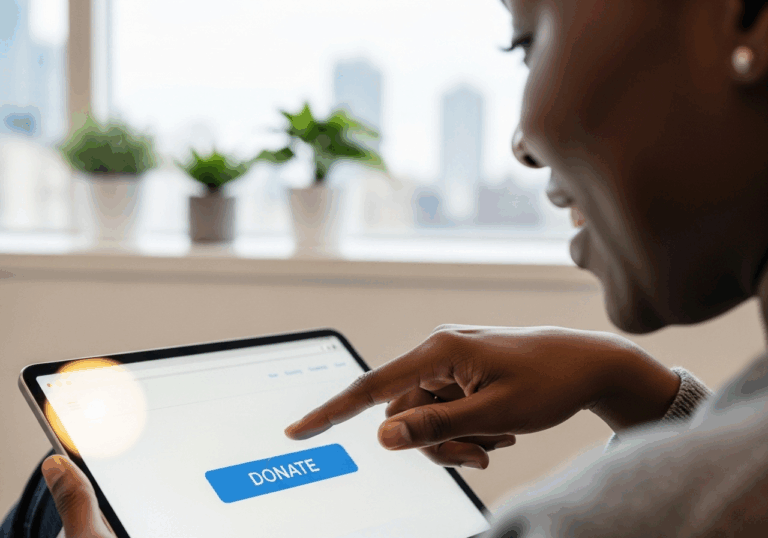Science-Backed Tips
Boost Your Mood by Giving Gifts
Reduce systolic blood pressure by 5–7 mmHg through prosocial behavior.
📊 Did you know?
💡 Why It Matters
1️⃣
Engaging in prosocial behavior can lead to measurable improvements in cardiovascular health, as indicated by reduced blood pressure.
2️⃣
Improved mood and stress recovery can enhance overall quality of life, potentially leading to better mental health outcomes.
3️⃣
This behavior can be easily integrated into daily life, promoting a culture of kindness and support.
✅ Try These Micro-Tips
🎯
Give a small gift or gesture to someone else after experiencing stress.
🎯
Engage in prosocial activities at least once a week to maximize benefits.
🎯
Consider volunteering your time to help others, which can also improve your mood.
🎯
Share positive experiences with friends or family to reinforce social connections.
📚 The study
❓ Frequently Asked Questions ❓
Learn more
How does giving a small gift affect stress recovery?
Giving a small gift can significantly improve stress recovery by reducing systolic blood pressure. This physiological change can enhance overall mood and well-being.
What is the impact of prosocial behavior on cardiovascular health?
Engaging in prosocial behavior can lead to measurable improvements in cardiovascular health, specifically through reduced blood pressure. This suggests that kindness and generosity can have tangible health benefits.
How much can systolic blood pressure decrease after giving a gift?
Systolic blood pressure can decrease by approximately 5–7 mmHg after engaging in prosocial behavior like giving a gift. This reduction contributes to improved mood and stress recovery.
Why is it important to engage in prosocial activities?
Engaging in prosocial activities can enhance mood and promote better stress recovery, leading to improved overall quality of life. Regular participation in such activities can also foster a culture of kindness and support.
How often should I engage in prosocial behavior for maximum benefits?
To maximize the benefits of prosocial behavior, it is recommended to engage in such activities at least once a week. This consistent practice can lead to sustained improvements in mood and stress management.
Can volunteering improve my mood?
Yes, volunteering your time to help others can significantly improve your mood. This act of giving not only benefits those you help but also enhances your own emotional well-being.
What types of prosocial behaviors can I engage in?
You can engage in various prosocial behaviors, such as giving small gifts, volunteering, or sharing positive experiences with friends and family. These actions can strengthen social connections and improve your overall mood.
How does sharing positive experiences affect my well-being?
Sharing positive experiences with friends or family can reinforce social connections and enhance emotional well-being. This practice can contribute to a supportive network that aids in stress recovery.
What is the relationship between mood and stress recovery?
Improved mood is closely linked to better stress recovery, as positive emotions can facilitate physiological healing. Engaging in prosocial behaviors can enhance this relationship by promoting feelings of happiness and connection.
Is it easy to incorporate prosocial behavior into daily life?
Yes, incorporating prosocial behavior into daily life is quite easy and can be done through simple gestures like giving a small gift or helping someone in need. These small acts can have a significant positive impact on both your well-being and that of others.





